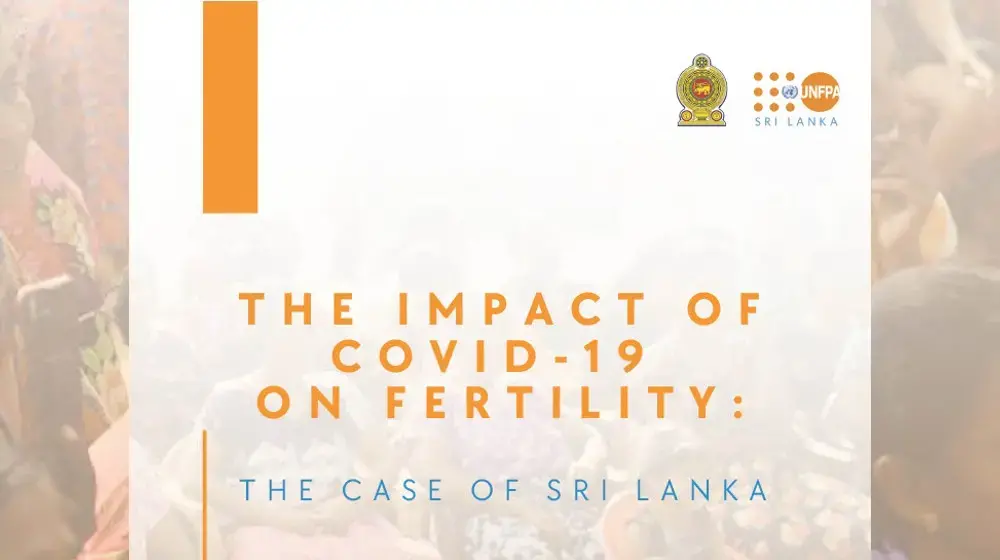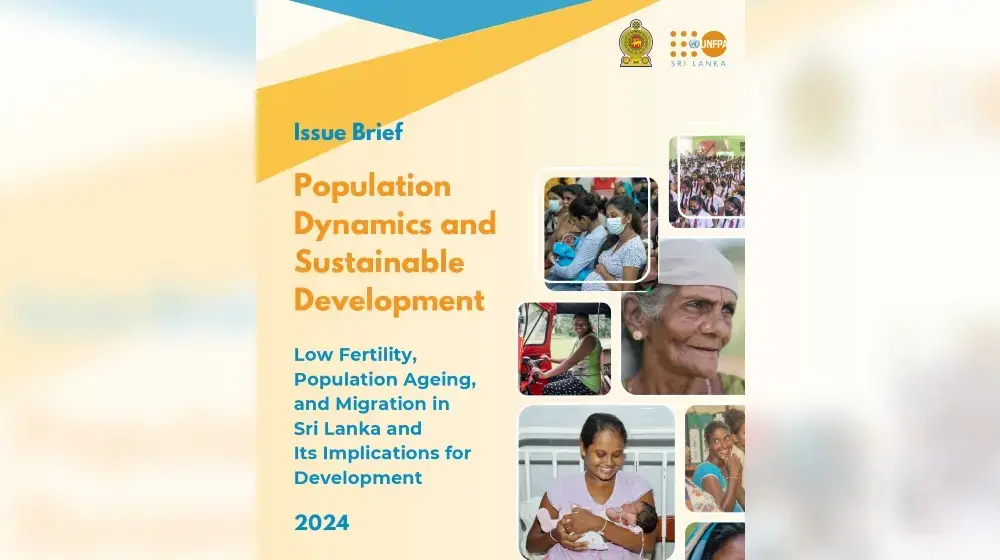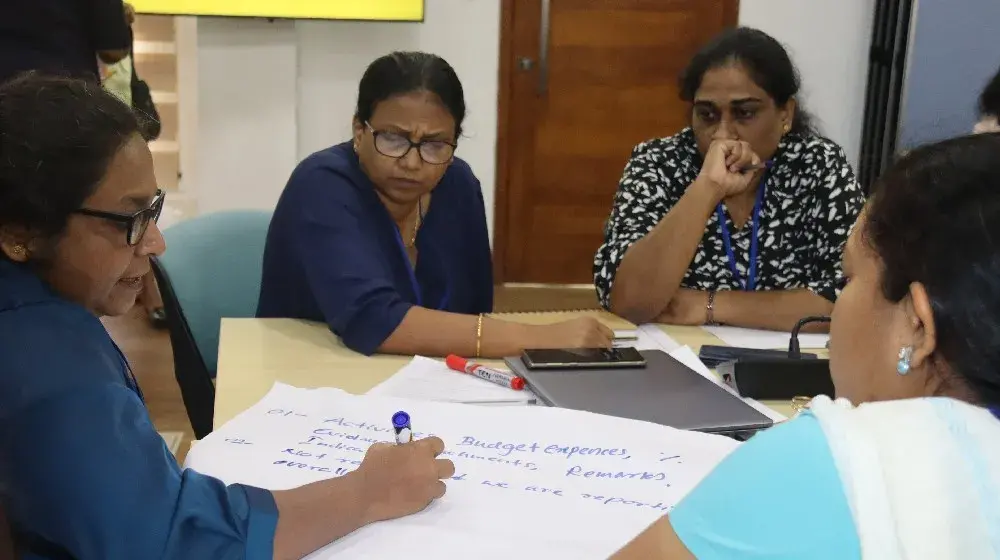Three decades ago, at the International Conference on Population and Development (ICPD), 179 countries, including Sri Lanka, acknowledged the pivotal role of women's empowerment and reproductive and health rights in achieving sustainable development. As the world celebrates World Population Day on July 11, the United Nations Population Fund (UNFPA) underscores the significance of gender equality, amplifying the voices of women and girls to unlock the infinite possibilities of our world in 2023.
Gender Equality in Sri Lanka:
Women in Sri Lanka like in many parts of the world face a multiplicity of challenges which one will argue is rooted in inequality. Allow me to mention a couple of examples. Women constitute 52% of Sri Lanka's population, yet deep-rooted discrimination and bias hinder their ability to reach their full potential and contribute to the nation's development. The 2019 National Women's Wellbeing Survey revealed alarming figures, with 20.4% of partnered women experiencing physical or sexual violence by an intimate partner. The ongoing multidimensional crisis further exacerbates the hardships faced by women and girls, limiting their access to essential services and impeding gender equality. Women are significantly underrepresented in Sri Lanka’s workplaces. Female labor force participation stood at 31.8% in 2021, and the youth, particularly young women, face higher rates of unemployment due to increased domestic and care responsibilities, lack of adequate processes and facilities to accommodate the peculiar needs of women including timing and schedules and discrimination based on gender.
The Societal Impact:
As the global population exceeded 8 billion in 2022, notable progress has been made in public health, education, poverty reduction, and technological advancements. However, these improvements have not been evenly distributed, resulting in disparities affecting economic development, employment, income distribution, poverty alleviation, and social protection. These trends will also influence universal access to vital resources such as healthcare, education, housing, water, food, and fuel. As countries show signs of progress in critical areas, the widening inequalities become more glaring. Women, girls, people with disabilities are among the major demographics we are leaving behind.
What We Must Do:
To reverse these rising inequalities and ensure Sri Lanka meets its development objectives with a rights-based approach, policymakers must possess comprehensive insights into population dynamics, including population size, age demographics, and future projections, to effectively address societal needs.
As Sri Lanka undergoes a rapid transition toward an aging society, it becomes imperative to address labor productivity. Accelerating action to unlock the full potential of the population is crucial for sustainable development. Women's empowerment through education and family planning can yield substantial benefits in terms of human capital and inclusive economic growth.
To understand the challenges faced by women, girls, and marginalized individuals in realizing their aspirations and potential, it is essential to lend them a platform to raise their voices. By actively listening to their experiences and perspectives, we lay the foundation for progress.
On this World Population Day, we are reminded that advancing gender equality is a fundamental solution to numerous population-related challenges. By unleashing the full potential of women and girls and nurturing their aspirations for their lives, families, and careers, we harness the power of half the population, fostering leadership, innovation, and creativity for the betterment of society.
Let us stand united in envisioning a world where every individual has equal opportunities to thrive, and where women, girls, and youth have access to information and opportunities that propel their success. By empowering women and advancing gender equality, we embark on a transformative journey towards a more inclusive and prosperous future.





